- Chalurmpon Srichomthong
- Chiara Bacchelli
- Dan Kelberman
- Nattiya Hirankarn
- Nick Lench
- Pajaree Chariyavilaskul
- Phil Beales
- Ponghatai Damrongphol
- Prasit Phowthongkum
- Thantrira Porntaveetus
- Vorasuk Shotelersuk
- Wuttichart Kamolvisit
Speaker: Chalurmpon Srichomthong, MSc.
Excellence Center for Medical Genetics and Genomics. King Chulalongkorn Memorial Hospital, The Thai Red Cross Society.
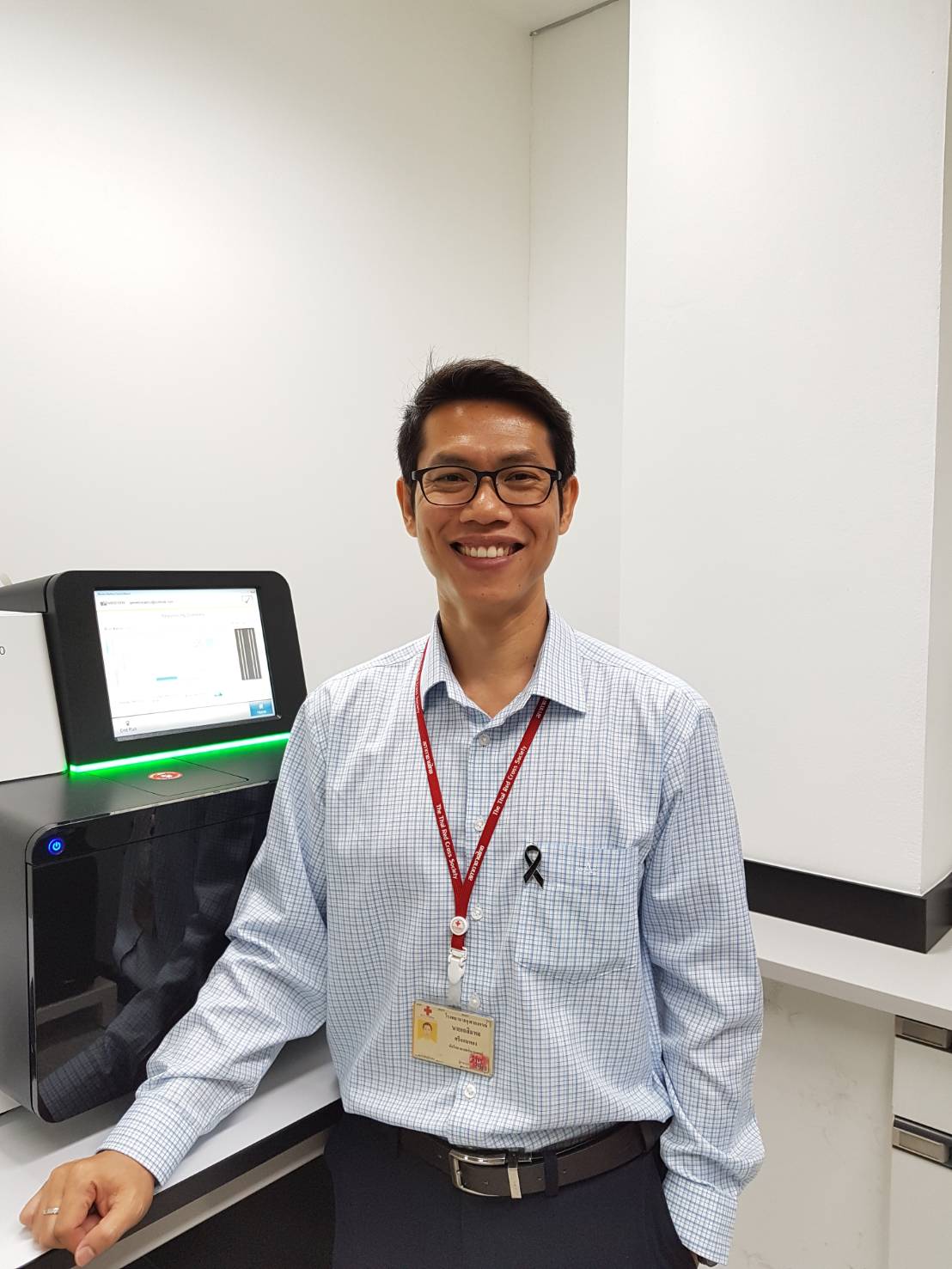
Abstract:
Resent years, molecular technologies have rapidly advanced and have played an important role in medical practice. This topic involves various common molecular techniques (PCR, Sanger sequencing, Next Generation Sequencing (NGS); gene panel, exome, genome: short read and long read). Moreover, I will present our experience in using molecular genetics and genomics technologies to develop and revolutionize molecular diagnosis for patients. Appropriate molecular methods for identification of underlying mutations will help physicians to get higher diagnosis yield with better cost effectiveness. Accurate and timely diagnoses may lead to an actionable and more specific treatment for that particular patient and a more precise genetic counselling for the family.

Position: Head of Experimental and Personalised Medicine Section
Affiliation: Institute of Child Health, University College London, United Kingdom
Email: c.bacchelli@ucl.ac.uk
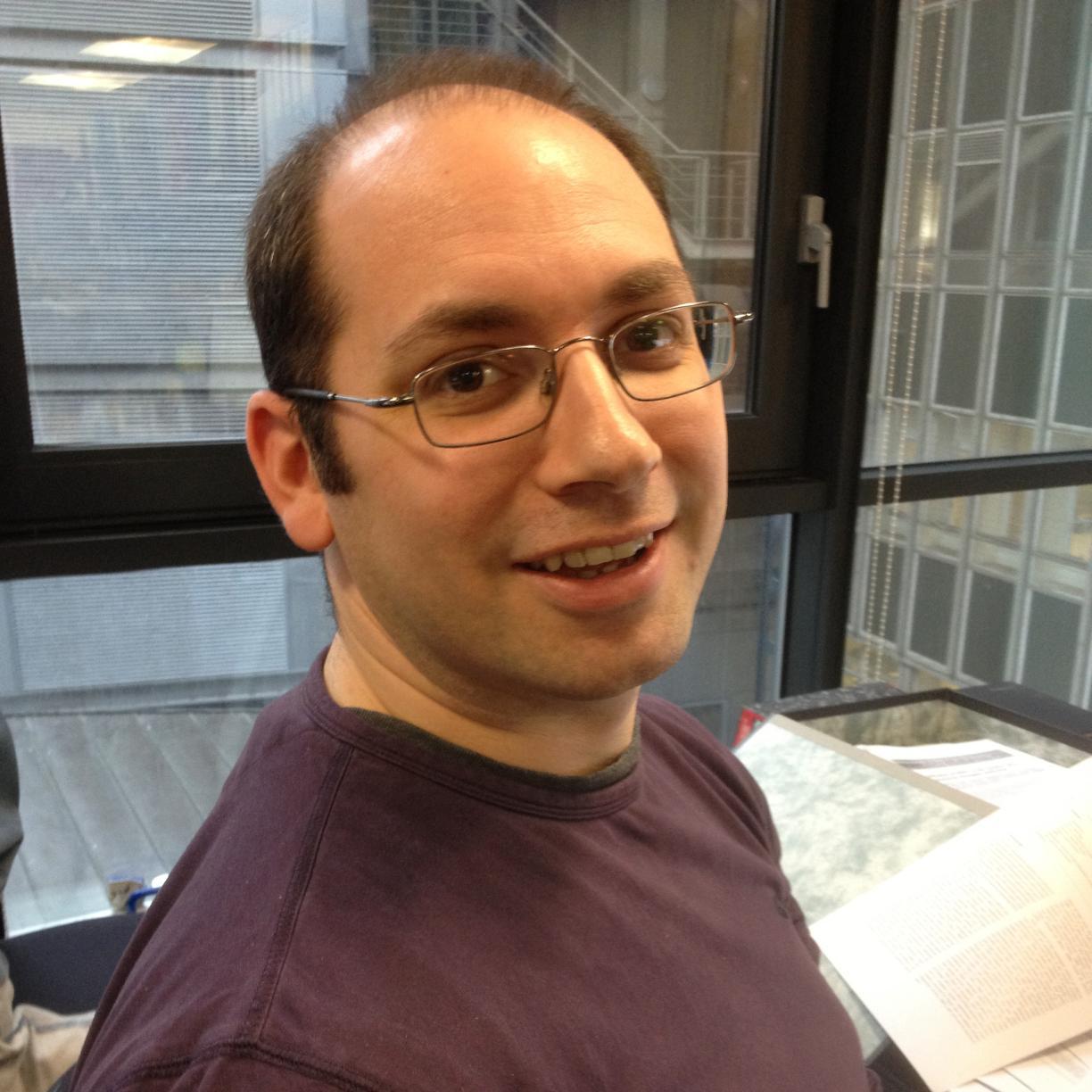
Dr. Dan Kelberman, PhD
Senior Research Associate
GOSgene Manager
Genetics and Genomic Medicine
UCL Great Ormond Street Institute of Child Health
30 Guilford Street | London, WC1N 1EH
Multi-omics of rare diseases
Large genetic sequencing programmes for Mendelian diseases are underway internationally, but these only address the genomic landscape in a single modality; that of defining disease-causing variants. Patients affected by rare diseases and carrying the same primary genetic defect can markedly vary in their expression of clinical phenotypes or response to therapies. We have established a new programme of research to address major challenges in understanding rare diseases.
Using multiple technologies including whole genome and RNA sequencing, proteomic and methylation assays, we are undertaking in depth phenotyping at the molecular level to identify variation in RNA, protein and epigenetic factors measured in disease relevant tissues in conjunction with genetic variation. Following the initial analysis of individual omics data, we aim to combine analysis of these multiomic datasets with clinical information within patient subgroups. This will ultimately lead to the identification of biomarkers to assist in the prediction of disease severity, risk of developing specific complications, and/or stratify patients for appropriate or novel therapies in a move towards personalised medicine for rare diseases.

Precision Oncology
Prof. Nattiya Hirankarn, MD, PhD
Cancer Immunotherapy Excellence Center, Faculty of Medicine, Chulalongkorn University
Precision oncology refers to the concept of selecting treatment that most suitable to each cancer patient based on biomarkers that represent individual cancer property. However, the mutation landscape of most common cancers is highly complex and also a dynamic process. Few approved targeted therapies are available now to particular driver mutations. These patients are clearly benefit from precision oncology; however, the problem of drug resistance is still a main problem for long term survival. For those who do not have approved targeted therapy available or develop resistant, scientists hope that NGS data can help reveal other genomic alterations that can be matched to approved drugs in off-label indications. Although this idea creates hope for cancer patients, the real impact of this strategy remains to be determined. Recently, the immunotherapy using checkpoint inhibitors can result in long term responses in some cancer patients with solid tumor which is quite exciting. However, only a subset of patient benefits from this treatment. Example of useful biomarkers include expression of PDL1 in the tumor as well as the mismatch repair/microsatellite instability (MMR/MSI) testing. Research showed that degree of tumor mutation burden (TMB) from NGS as well as immune parameter might be another useful marker for checkpoint inhibitor responders. Lastly, besides the use of genomics to precisely select anti-cancer drug, scientists have designed personalized neoantigen vaccines based on several mutations from each patient to stimulate immune responses against cancer with hope that this approach might overcome the problems of drug resistance and can lead to long term responses.
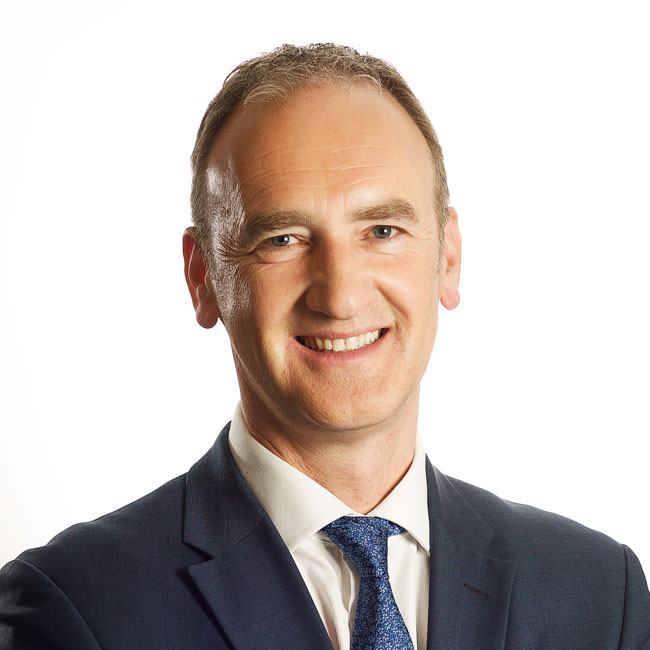
Nick Lench PhD, FRCPath
Chief Scientific Officer
Congenica Ltd
Biodata Innovation Centre
Wellcome Genome Campus | Hinxton
Cambridge | CB10 1DR | UK
“Integrating Genomics into National Healthcare - Sharing Experience between Genomics Thailand and Genomics England (GeT GEL)” Conference
Congenica and the UK100K Genomes Project: Providing clinical decision support for whole genome analysis, the diagnosis of inherited and de novo genetic disorders and implementation and scale-up for the NHS National Genomic Medicine Service.
Congenica has been a strategic partner with Genomics England from the beginning of the UK100K Genomes Project in 2014. During this time Congenica has provided interpretation services as part of the UK100KGP Pilot Study, analysing whole genomes from over 2000 cases. This experience has enabled Congenica to develop its clinical decision support software to the point where it is now recognised as a world leader in DNA sequence analysis and interpretation. Over the last 5 years, Congenica has built a unique set of core capabilities and expertise required to handle, analyse and interpret the incredibly large data sets generated by whole genome sequencing. Working closely with Genomics England and the National Health Service, Congenica has developed systems architecture, quality management, data security, data storage and analytical workflows to support a national genome programme. Congenica is now the sole provider of clinical decision support software to the NHS Genomic Medicine Service, covering the whole of England. We will describe our journey and present some of the lessons learned from this experience.
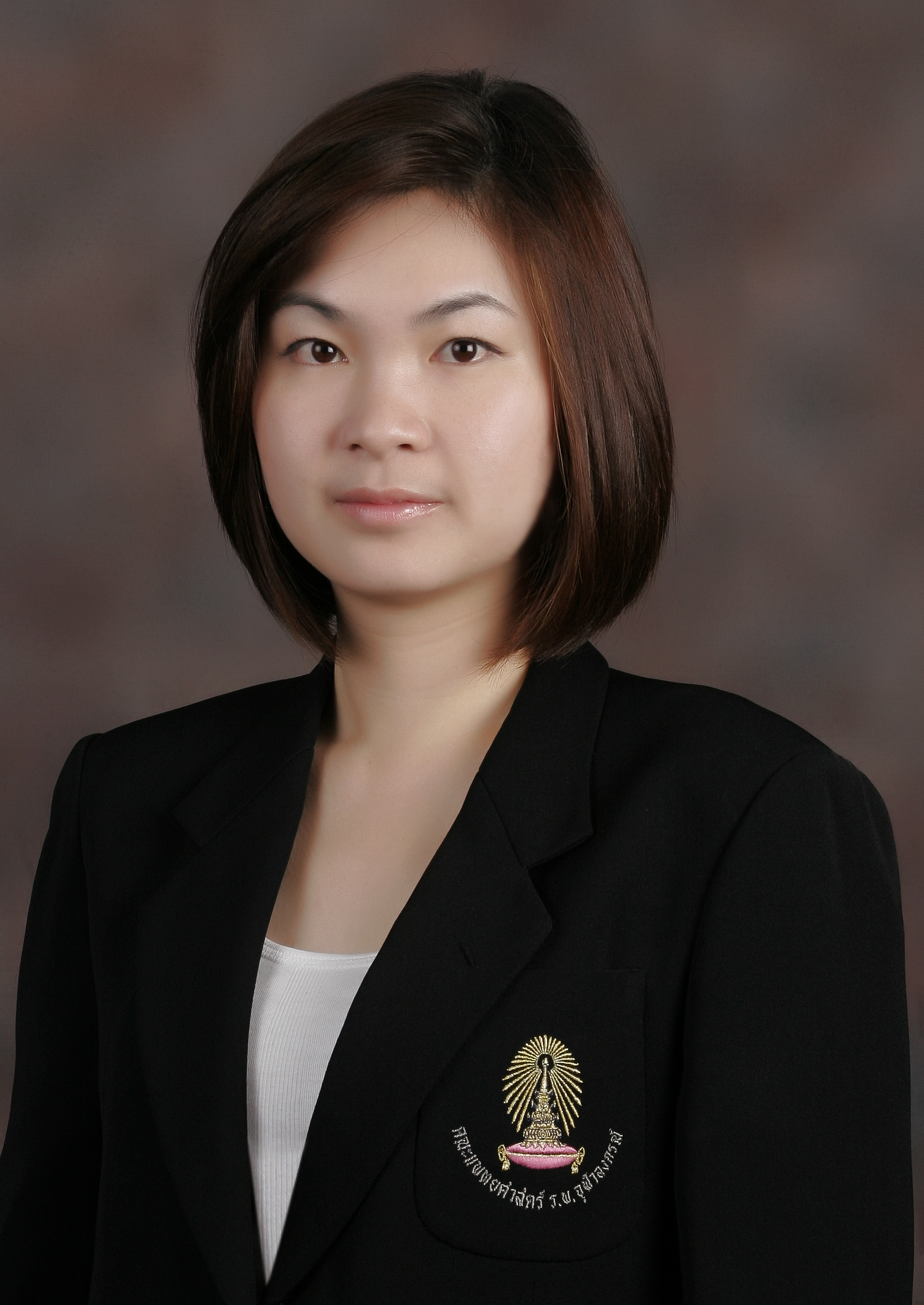
Pharmacogenomics
Pajaree Chariyavilaskul, MD, PhD
Clinical Pharmacokinetic and Pharmacogenomics Research Unit
Department of Pharmacology, Faculty of Medicine, Chulalongkorn University Pajaree.l@chula.ac.th
The field of pharmacogenetics has been established since the 1950s. However, clinical testing for constitutional pharmacogenetic variants and the use of pharmacogenomics data to implicate interindividual drug response variability has only recently been implemented to help guided pharmacotherapy.
Despite pharmacogenetic associations with severe adverse outcomes or failure of treatment, the physician uptake of clinical pharmacogenetic testing has been slow. The major barriers for implementation of clinical pharmacogenetics in clinical practice include clinical utility, professional education, regulatory and reimbursement issues.
Genomic Thailand project realizes the importance of the use of pharmacogenes data in Thai population. The goal was to explore pharmacogenes that are associated specifically with Thai (and possibly Asian) and set up standard testing to support the Rational Drug Use scheme of the country. Focused areas include type B adverse drug reactions and drug metabolizing enzyme genes.
Here, we implement clinical pharmacogenetic data in routine clinical practice in various groups of drugs such as antiepileptic, immunosuppressant, antidementia and antibiotics. Research and education for in-dept pharmacogenetic/pharmacogenomics knowledge are also emphasized throughout the Faculty of Medicine, Chulalongkorn University.

Position: Professor of Medical and Molecular Genetics
Affiliation: Institute of Child Health, University College London
London, United Kingdom
Email: p.beales@ucl.ac.uk
PHILIP BEALES is Professor of Medical and Medical Genetics at UCL and an NIHR Senior Investigator. He is chair of the new UCL Institute for Precision Medicine and Director of the Centre for Translational Genomics (GOSGENE). He has been collaborating with the Chulalongkorn Hospital department of Paediatrics in the area of rare disease genomics since 2016 and together with Prof Vorasuk Shotelersuk was co-recipient of the Newton Prize in 2017. Beales is best known for his clinical and genetic research (20 years) into rare diseases especially, the ciliopathies, leading research culminating in novel gene discoveries for Bardet-Biedl syndrome, Jeune Asphyxiating Thoracic Dystrophy, Cranioectodermal dysplasia, Acrocallosal Syndrome and several other disorders. He was the first to attribute the Bardet-Biedl syndrome phenotype to dysfunctional primary cilia. Beales’ group continues to pursue research in translational science and therapeutics for ciliopathies including gene therapy.
He is practices clinical genetics at both Great Ormond Street Hospital for Children and Guys Hospital, London and is national lead for the NHS England specialist commissioned Bardet-Biedl syndrome clinical and diagnostic service.
He is also founding Co-editor in Chief of BMC CILIA and sits on several journal editorial boards. He was elected fellow of the Academy of Medical Sciences in 2011.
Dr. Ponghatai Damrongphol, MD
Board certified in Pediatrics, Neurology and Genetics
Cell, chromosome, DNA, mutations: What clinicians should know.
Since sequencing of the human genome was published in 2003, knowledge in genomics has grown rapidly. During the past decade, next-generation sequencing has also led to the exponential discoveries of disease-causing genes. The explosive advances make genetic testing available for both rare and common conditions across human’s lifespan. Increasing availability and decreasing costs create opportunities for its use in health care. In the near future, genomics medicine will be fully integrated into the standard of healthcare. Hence, it is essential for health care providers to have a grasp on the concept of genomics and its alterations. This session will engage in genetic principles through case scenarios. The main focus is to promote genetic literacy for health care providers.
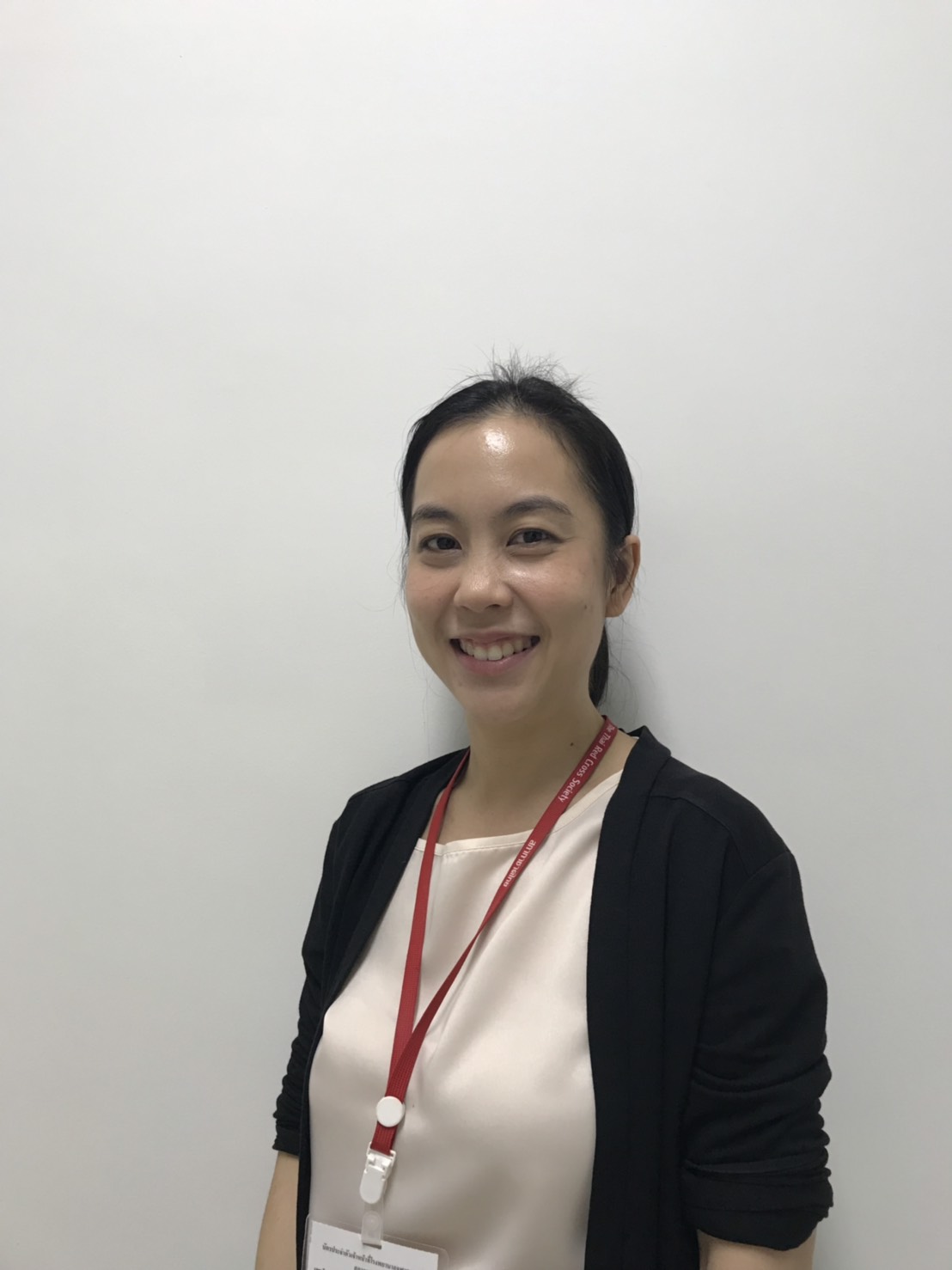

Dr. Prasit Phowthongkum, MD
American and Thai board certified in Internal Medicine and Genetics
How to interpret a genetic report: Chanchira Toussami RN, Prasit Phowthongkum MD
The great expansion in the number of identified disease genes and improvement of genetic testing technology drives a growth in the demand for genetic testing. Genetic testing has some major differences form routine clinical laboratory investigation. The breadth and choices of the genetic testing can confuse the practitioners who want to order the test. We recommend the practicing physicians to consult with geneticists, genetic counselors or laboratory geneticists prior to select the tests to avoid mistakes from choosing the wrong tests that may be too broad or too narrow for each patient’s problems. The results may have important implications for other family members, usually offspring, but sometimes siblings or parents. The results are generally permanent for the individual being tested. Therefore, it is not necessary for repeat the same laboratory tests.
The result of genetic testing is also intimidating and confusing. There are many standards or guidelines for the interpretation of genetic testing result. For small variants or single nucleotide variants interpretation, one can use the Standard Variant Classification suggested by the American College of Medical Genetics and American Society of Molecular Pathology. The system uses various evidences includes population frequency, in silico pathogenicity prediction or functional significance confirmation by laboratory, familial segregation to classify the result as pathogenic variant, likely pathogenic variant , variant of uncertain significance (VUS), likely benign variant, or benign variant . If a variant is identified as VUS, there is not enough information at the time of analysis to determine whether the variant is related to disease or conditions or not. We should not offer the clinical management or family testing based on the result of VUS. Clinical decision making should be based on all clinical data includes pretest likelihood from personal and family history. The pre-test genetic counseling and post-test genetic counseling are required to facilitate the proper testing choice and make the test utilized properly. Cytogenetic testing and molecular cytogenetics have slightly different way to interpret the results and the nomenclature can be more difficult to understand. In this work shop, I will discuss only the interpretation of molecular genetic testing. The objective is to introduce the important ideas that the interpretation of genetic testing requires extra-skills and required trained personnel to avoid misinterpretation and misuse of the data.

Mendelian Inheritance and molecular pathomechanism for clinicians
Assoc. Prof. Dr. Thantrira Porntaveetus, DDS, Grad Dip, MSc, PhD
Inheritance is the manner by which the units of inheritance, or genes, are passed from parents to their offspring. In 1865, the basic rules of inheritance were formulated by Gregor Mendel based on his observation of certain patterns of gene segregation for selected traits in garden peas. Mendelian inheritance refers to an inheritance pattern that follows the principles of segregation and independent assortment. Three major patterns of Mendelian inheritance include autosomal dominant, autosomal recessive, and X-linked. In this presentation, I will present typical characteristics of these inheritance patterns. In addition, common features, terms, and concepts in human genetics will be discussed. These include de novo, non-penetrance, variable expressivity, monoallelic, biallelic, homozygous – heterozygous - compound heterozygous, gain-of-function, loss-of-function, hypomorph, hypermorph, neomorph, antimorph, and dominant negative. To conclude, knowledge of the basic laws of inheritance is important in understanding patterns of disease transmission, molecular pathomechanism, disease pathogenesis, and treatment strategies.

Professor Vorasuk Shotelersuk,M.D.
Faculty of Medicine, Chulalongkorn University
Professor Vorasuk Shotelersuk obtained his medical degree with First Class Honours from the Chulalongkorn University in Bangkok, Thailand, in 1992. After he finished his paediatric residency training in 1996, he became a visiting associate/medical staff fellow at the NICHD, and a genetics fellow at the NHGRI, NIH, USA. In 1999, he received a Diploma from the American Board of Medical Genetics. Currently, Prof. Vorasuk is the Assistant Dean for Research Affairs and the Director of the Centre of Excellence for Medical Genomics of the Faculty of Medicine, Chulalongkorn University.
Prof. Vorasuk has over 150 published research articles in PubMed database (including New England Journal of Medicine, Molecular Cell, and Nature Communications) with more than 3,000 citations and an H-index of 26 in Scopus database. He has received numerous national and international awards for his research contributions including a Newton Prize from the UK Medical Research Council, a National Outstanding Researcher Award from National Research Council of Thailand and the Outstanding Scientist Award from the Foundation for the Promotion of Science and Technology under the Patronage of His Majesty the King. He has been a member of the editorial boards for many international journals including Molecular Genetics and Genomic Medicine (Wiley Publishing Group) and Human Genome Variation (Nature Publishing Group).
Dr. Wuttichart Kamolvisit, MD
Board certified in Pediatrics, and Genetics
Rapid whole genome sequencing: a new standard of care for seriously ill patients
About 15% of admitted infants in intensive care units have genetic diseases1. Many of those diseases are often quickly worsen. They include inborn errors of metabolism, primary immune deficiencies and so on. With time limit and overlapping clinical presentations, making precise diagnosis has been very challenging. Standard whole genome sequencing usually takes months to process. Consequently, rapid whole genome sequencing (rWGS) was developed to provide faster diagnosis in order to save life and facilitate end-of-life care decisions2 with turnaround time of approximate 1-2 weeks3. Diagnostic yield of rWGS in critical ill children that cannot be solved by other investigations is estimate 50%. Moreover, the result can make a difference to outcome to as high as 25% of patients4. Here, we would like to share our experience with rapid whole exome sequencing (rWES) which is used in seriously ill patients, not only with children but also adult. To conclude, rWGS/rWES could be a new standard of care for seriously ill patients in the near future.
References:
- S. L. Murphy, J. Xu, K. D. Kochanek, E. Arias, Mortality in the United States, 2017. NCHS Data Brief, 1–8 (2018).
- Smith LD, Willig LK, Kingsmore SF. Whole-exome sequencing and whole-genome sequencing in critically ill neonates suspected to have single-gene disorders. Cold Spring Harbor perspectives in medicine. 2016 Feb 1;6(2):a023168.
- Brunelli L, Jenkins SM, Gudgeon JM, Bleyl SB, Miller CE, Tvrdik T, Dames SA, Ostrander B, Daboub JA, Zielinski BA, Zinkhan EK. Targeted gene panel sequencing for the rapid diagnosis of acutely ill infants. Molecular genetics & genomic medicine. 2019 Jun 13:e796.
- Clark MM, Hildreth A, Batalov S, Ding Y, Chowdhury S, Watkins K, Ellsworth K, Camp B, Kint CI, Yacoubian C, Farnaes L. Diagnosis of genetic diseases in seriously ill children by rapid whole-genome sequencing and automated phenotyping and interpretation. Science translational medicine. 2019 Apr 24;11(489):eaat6177.
